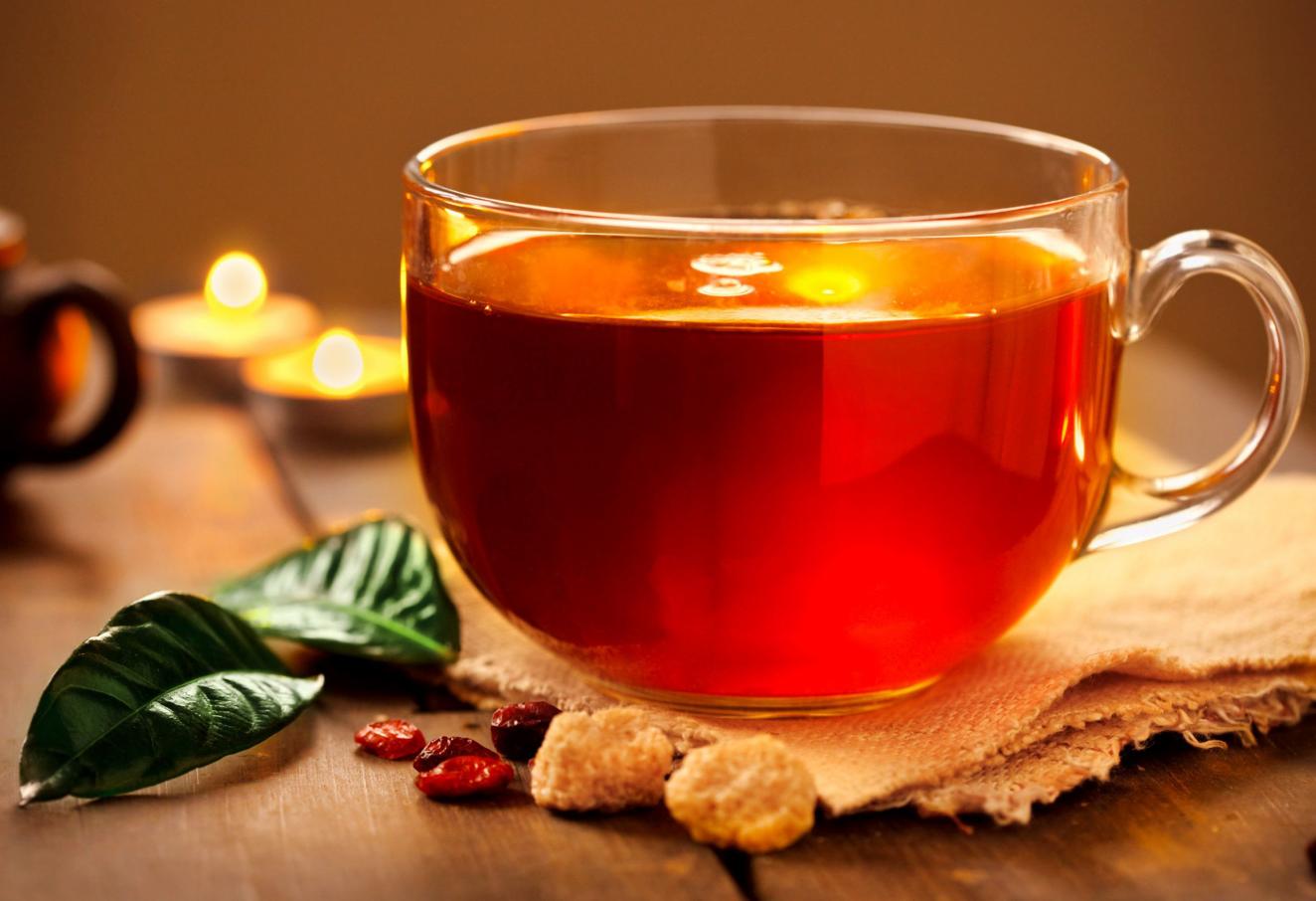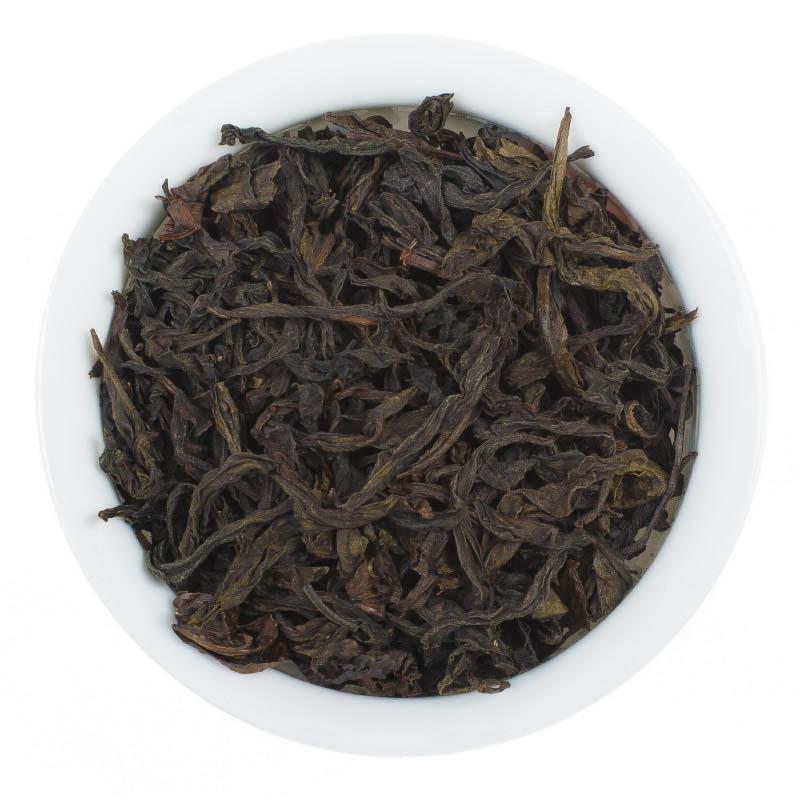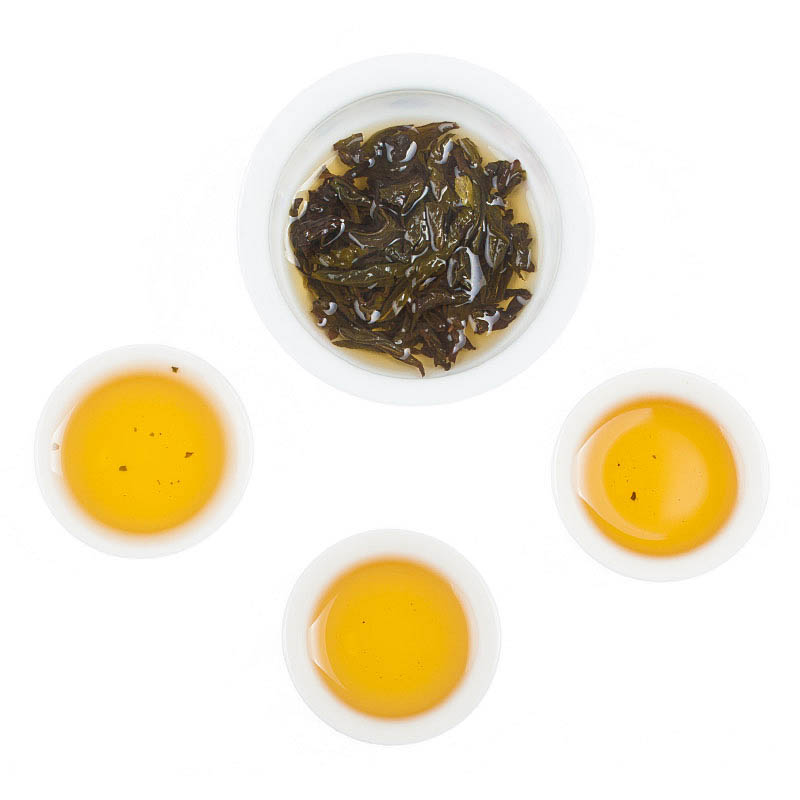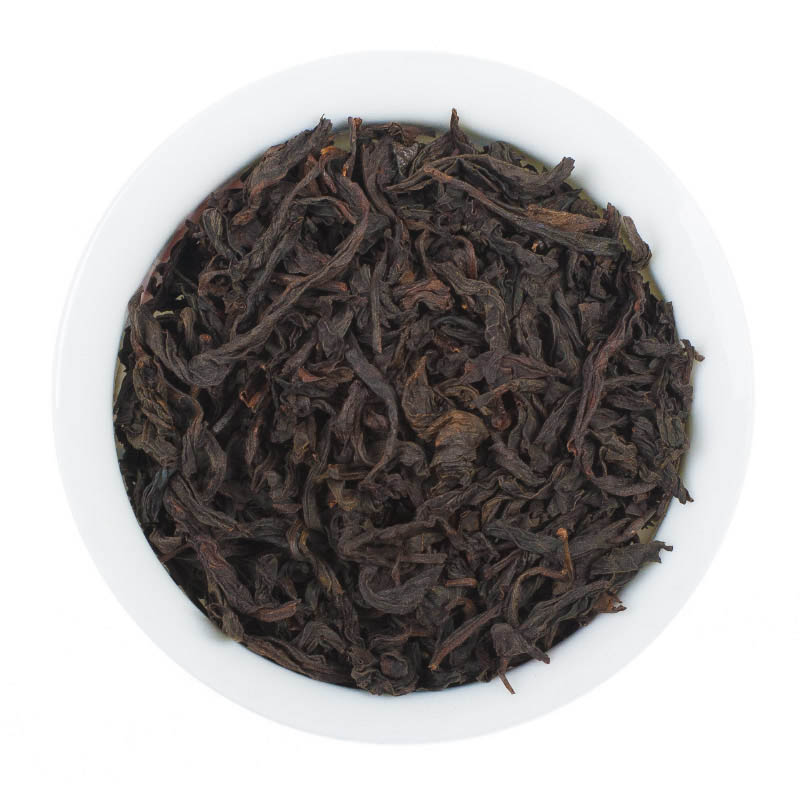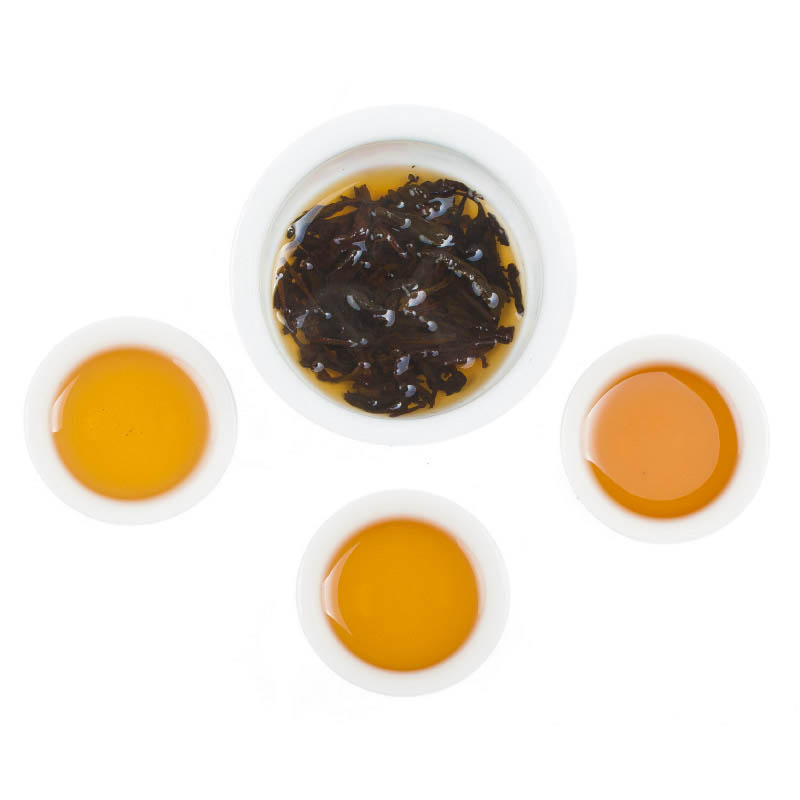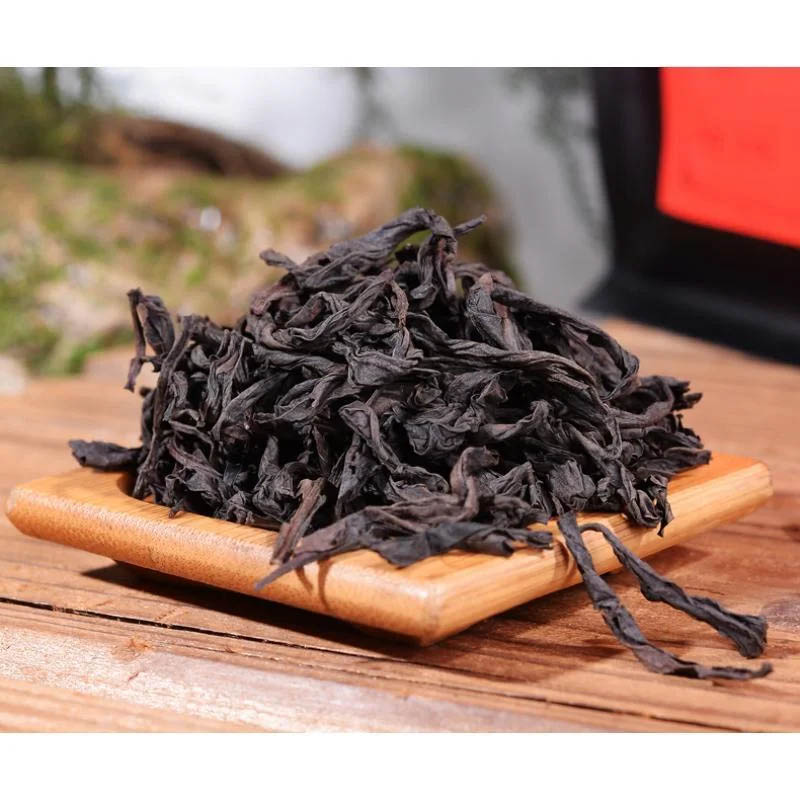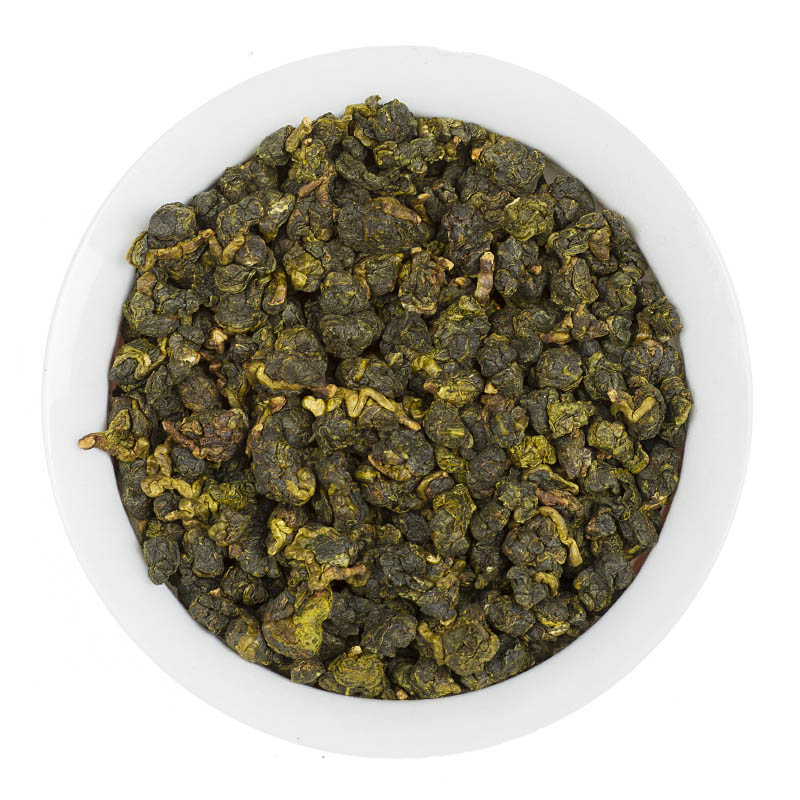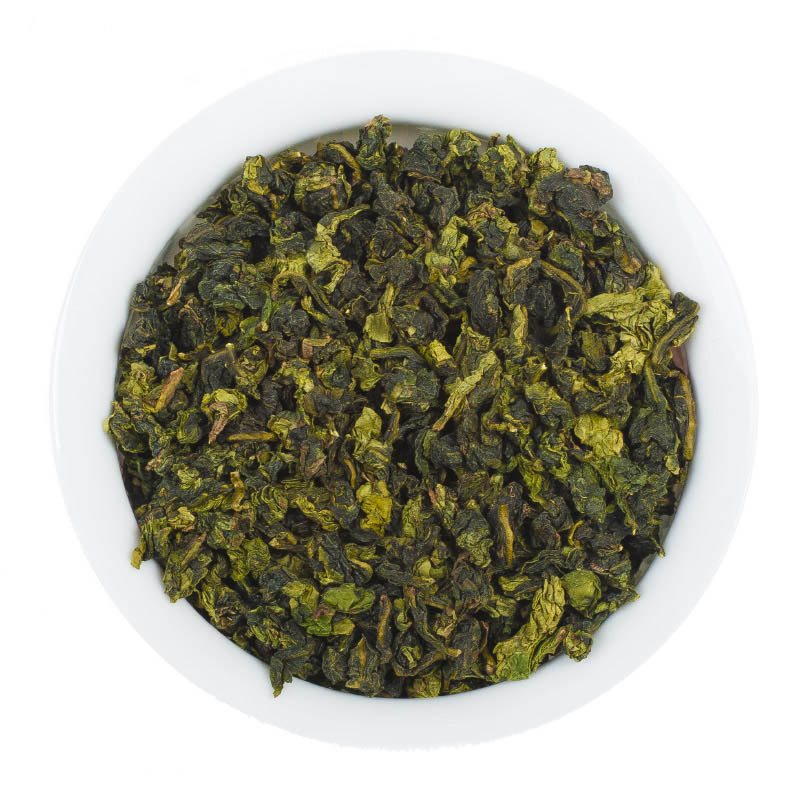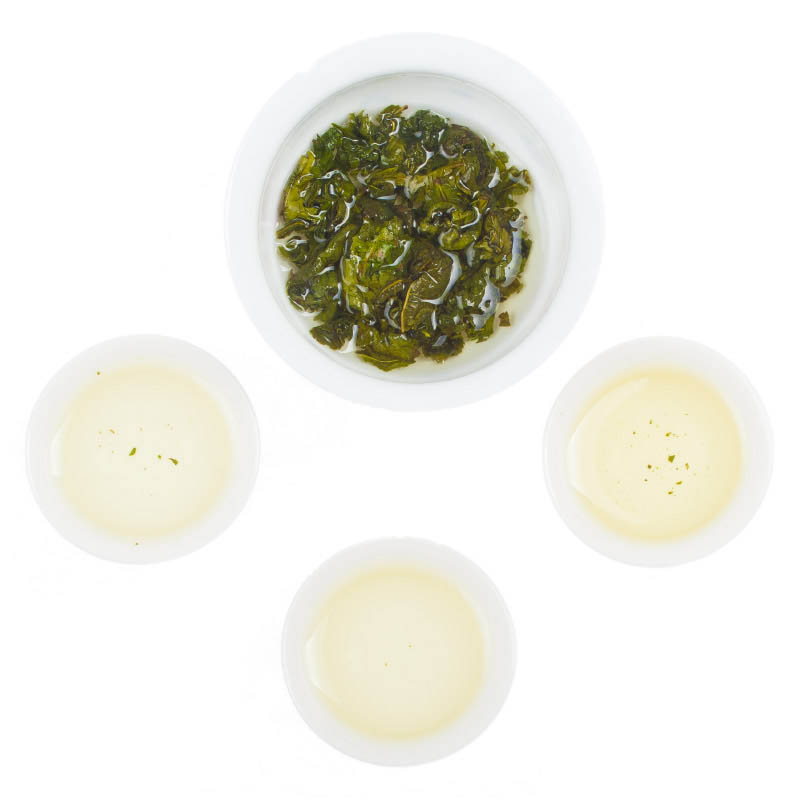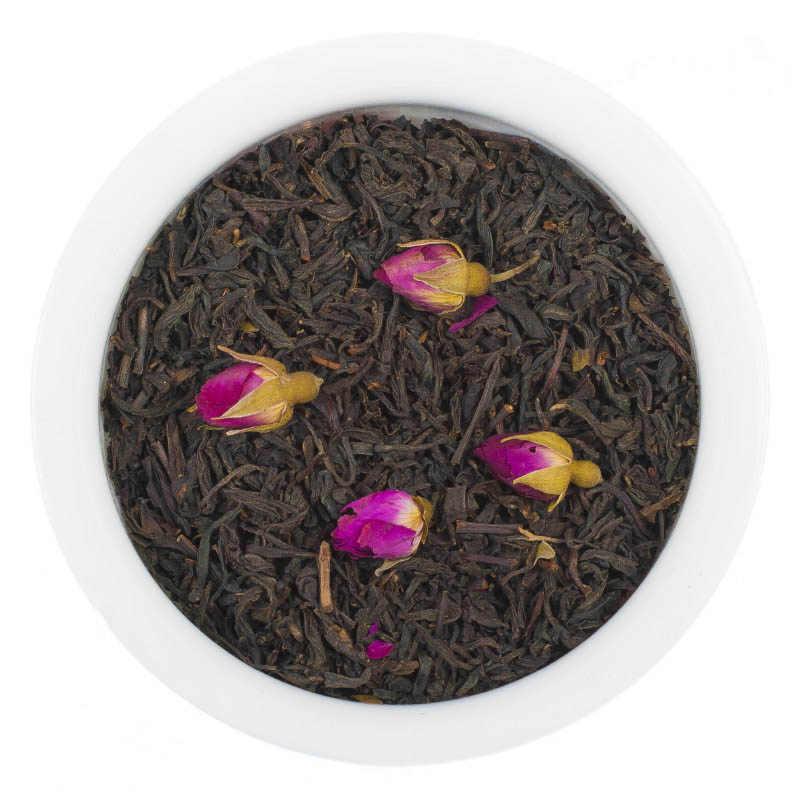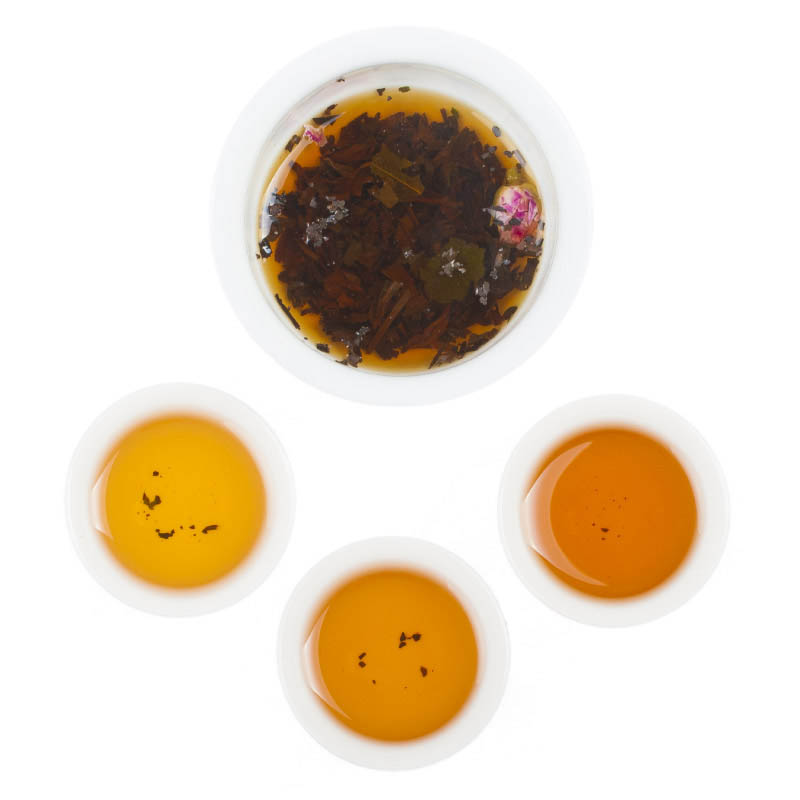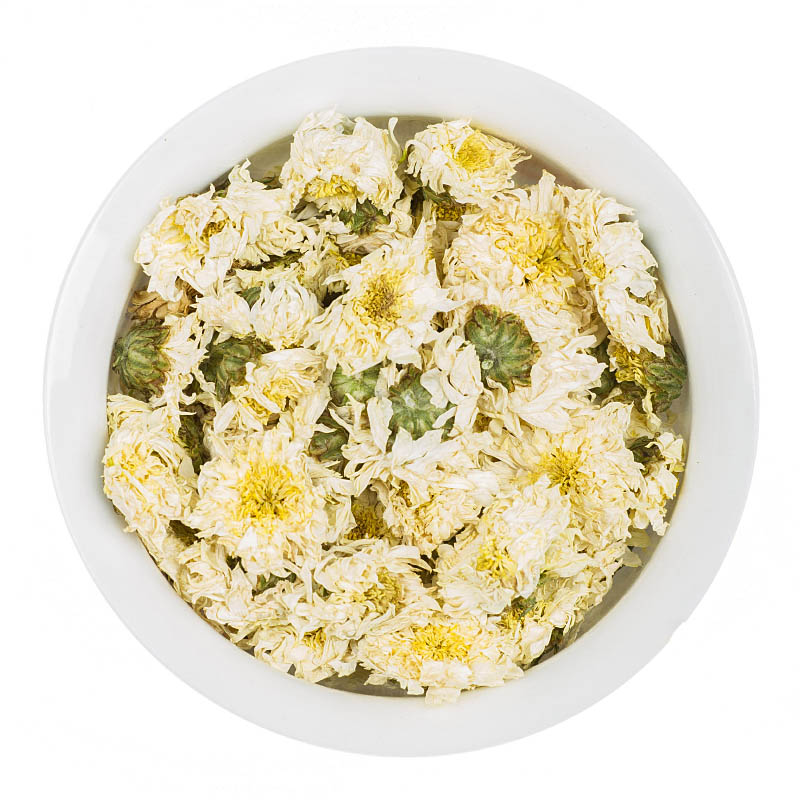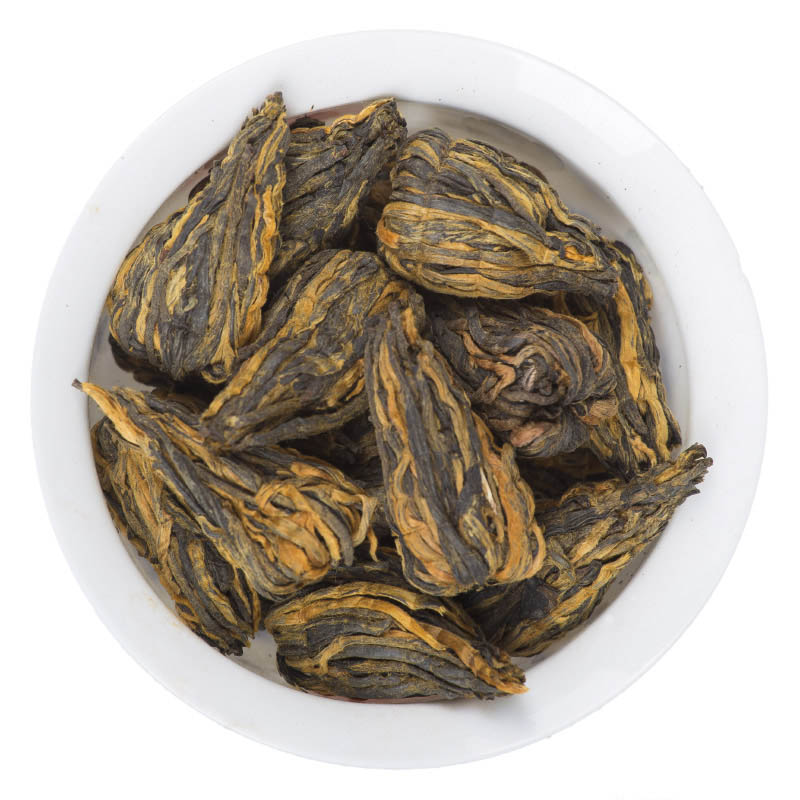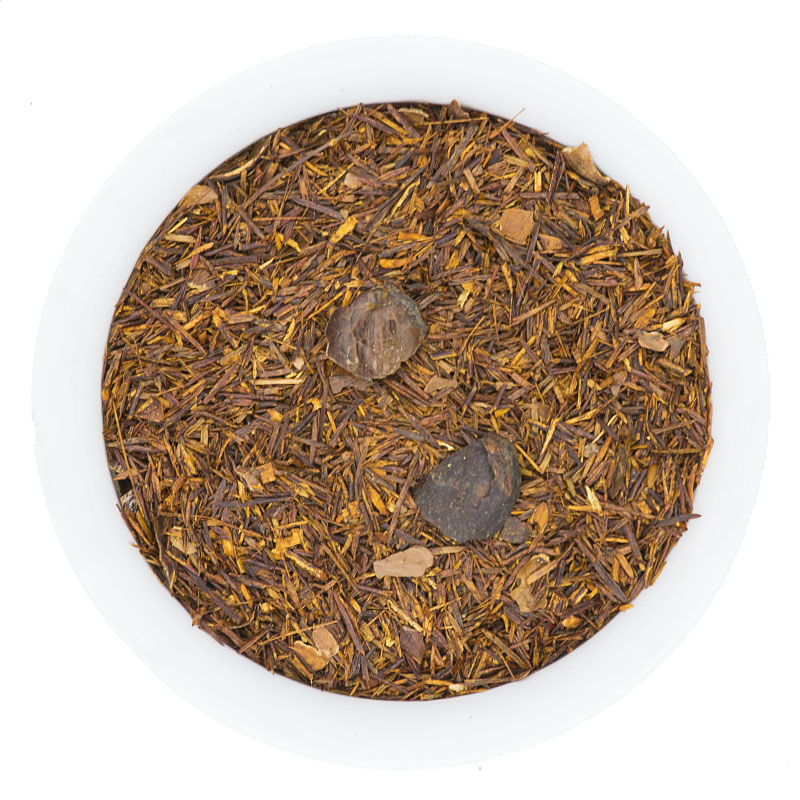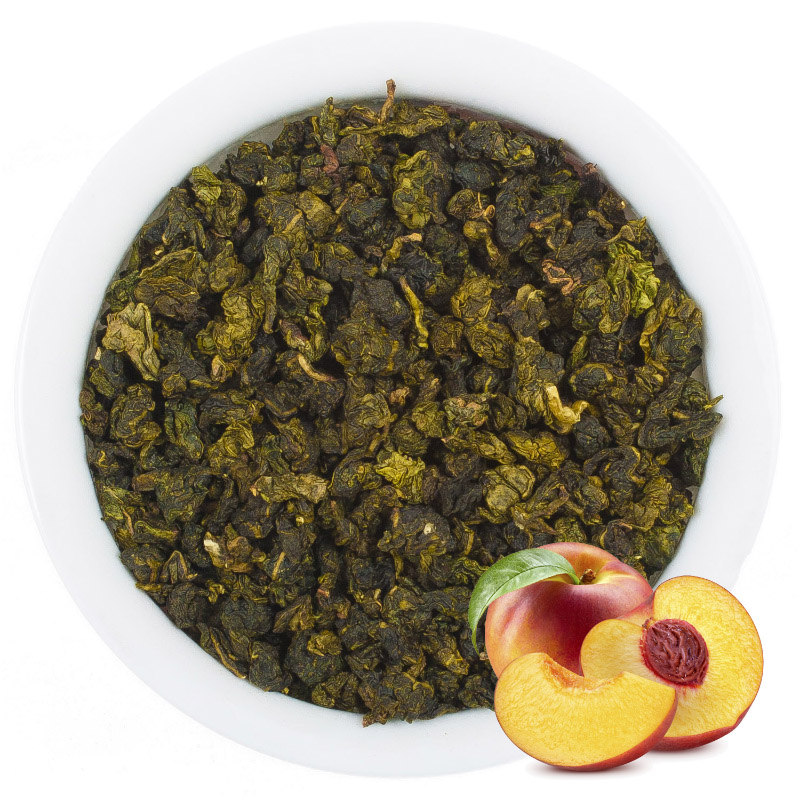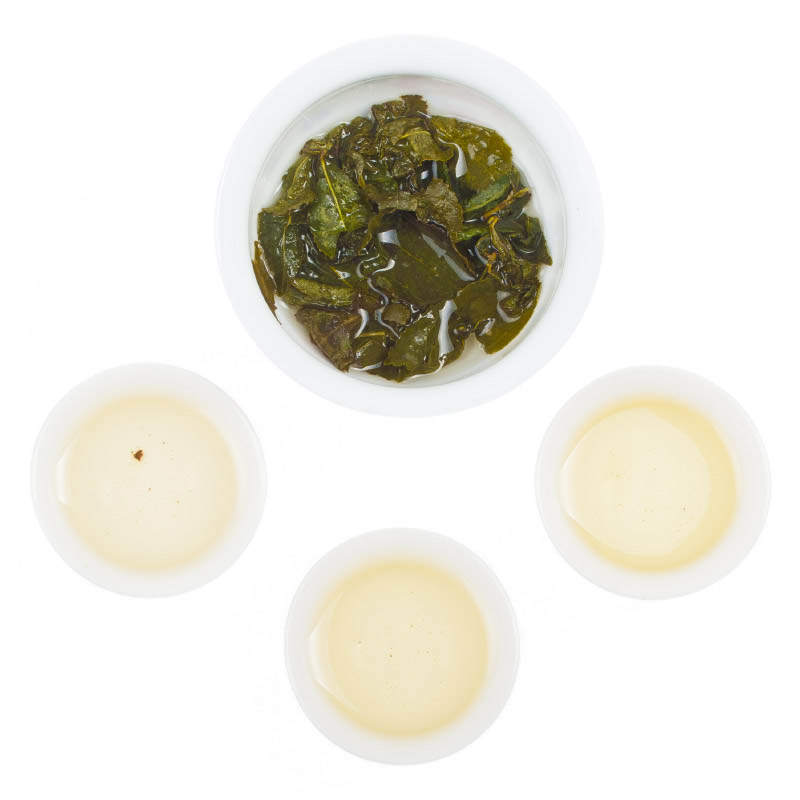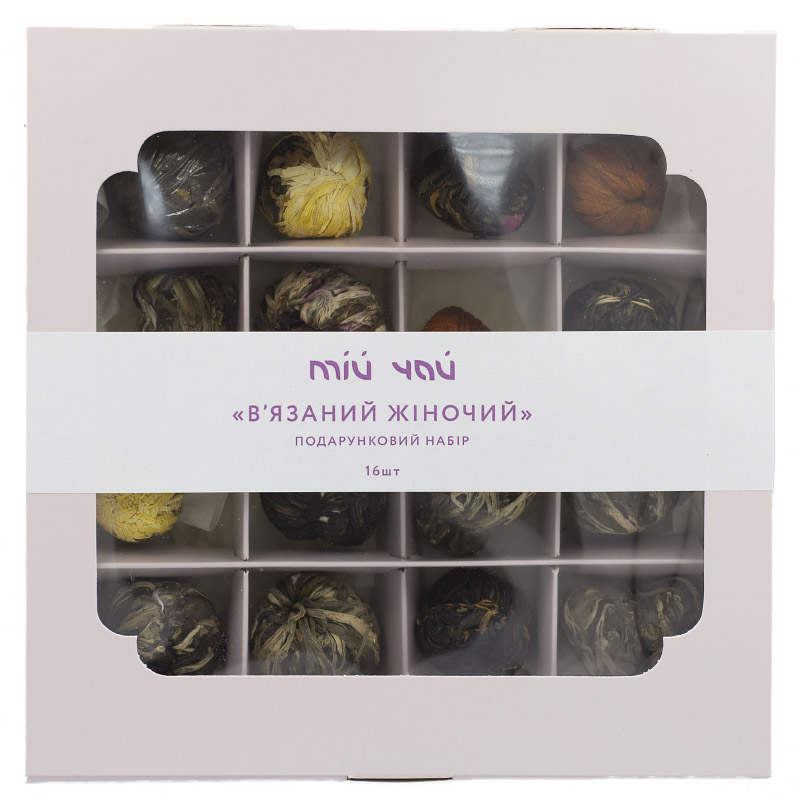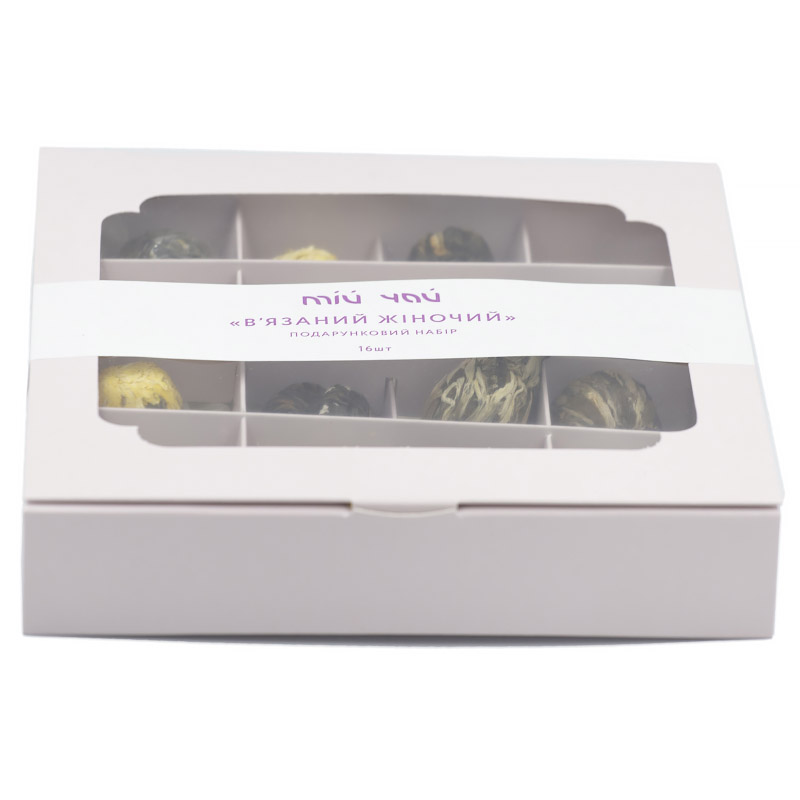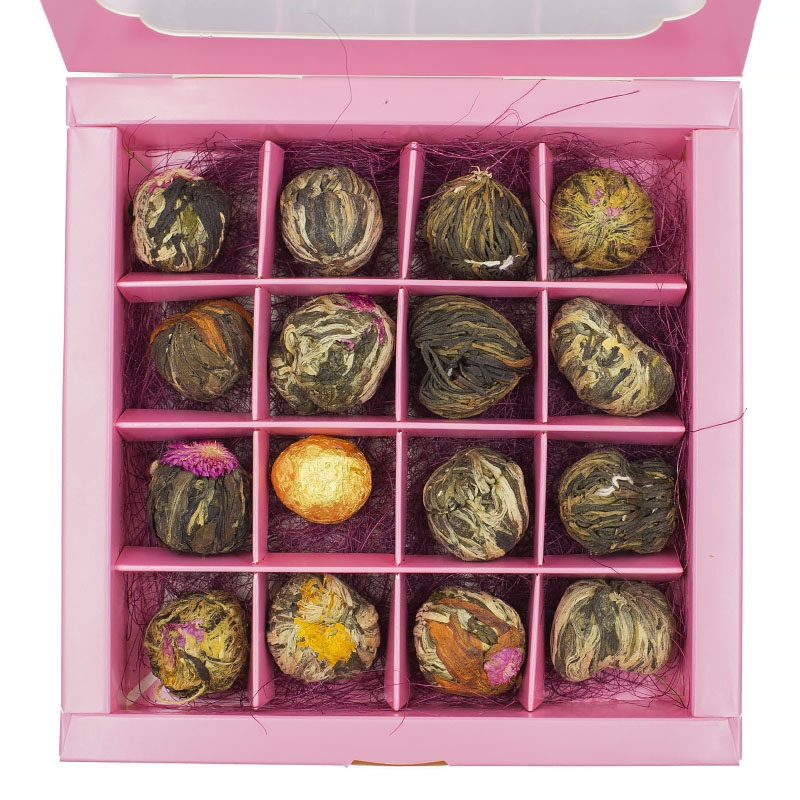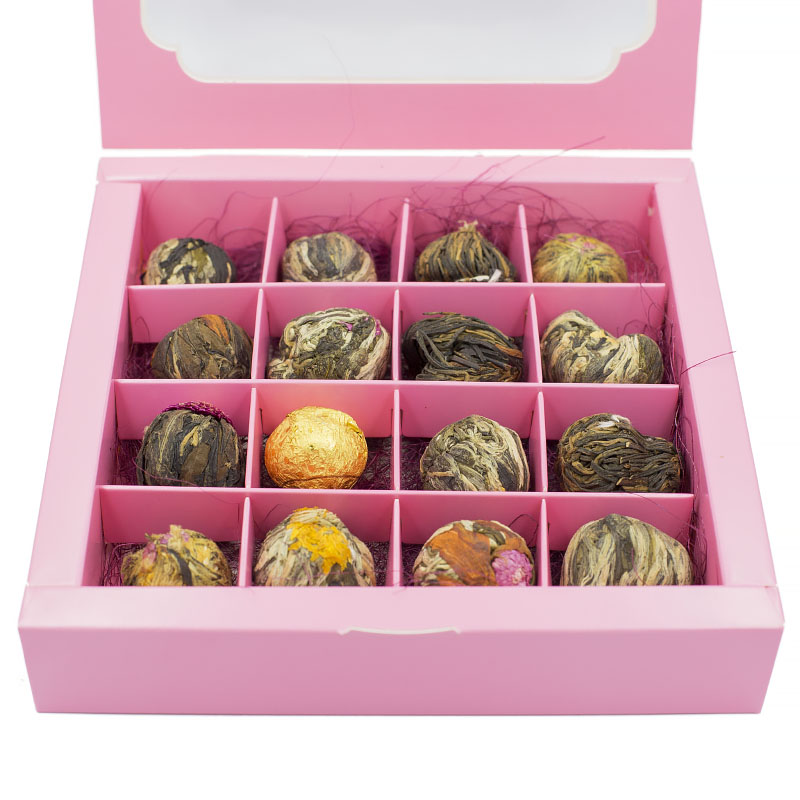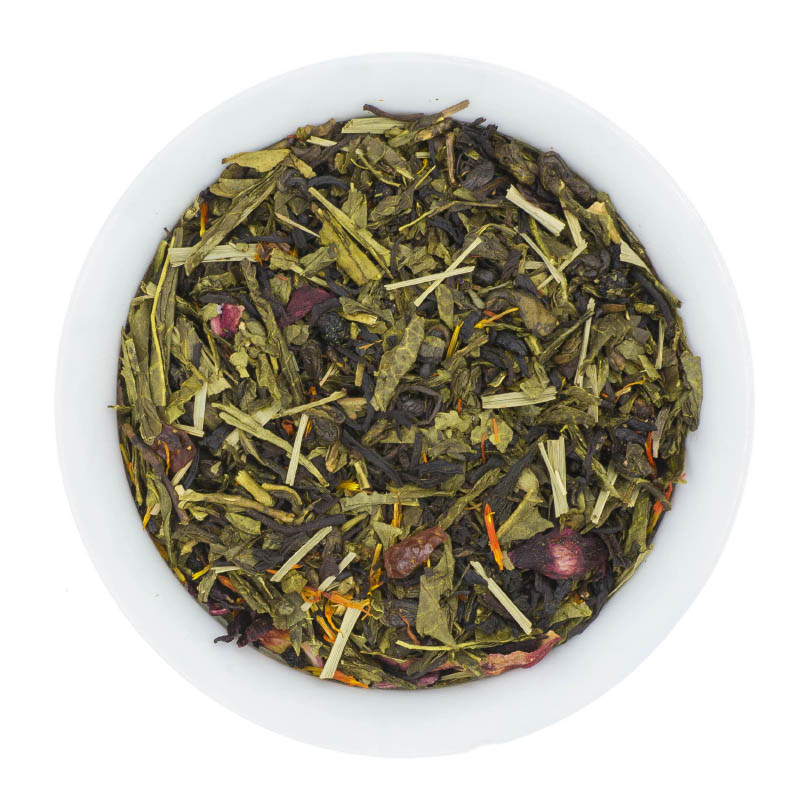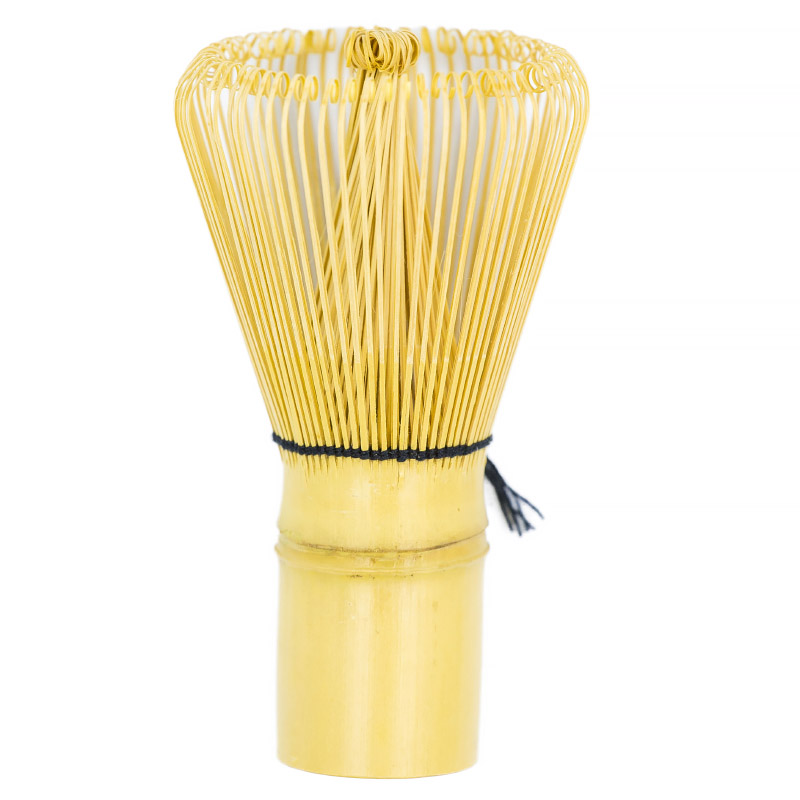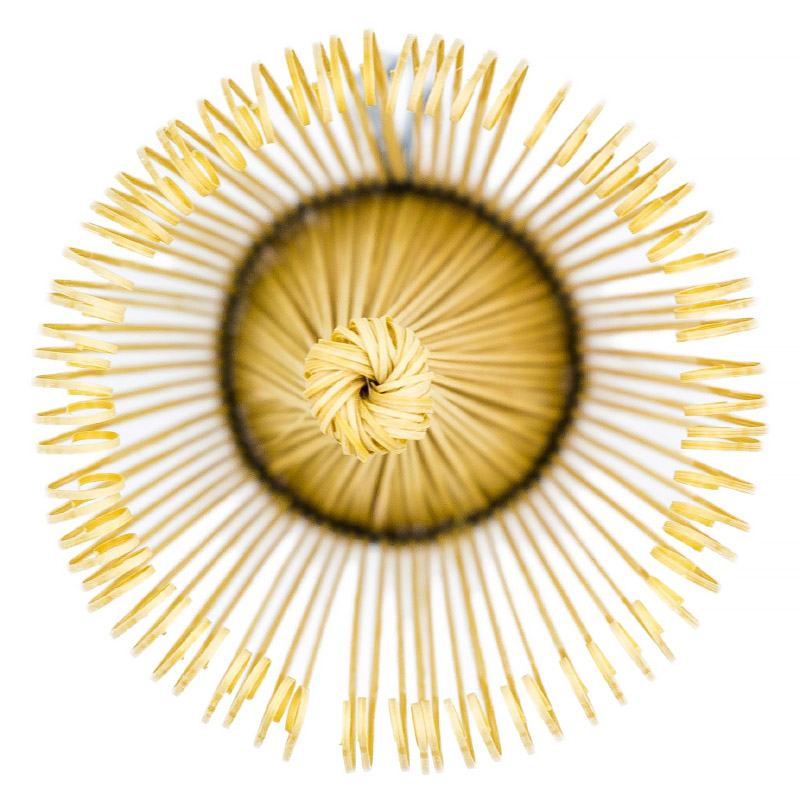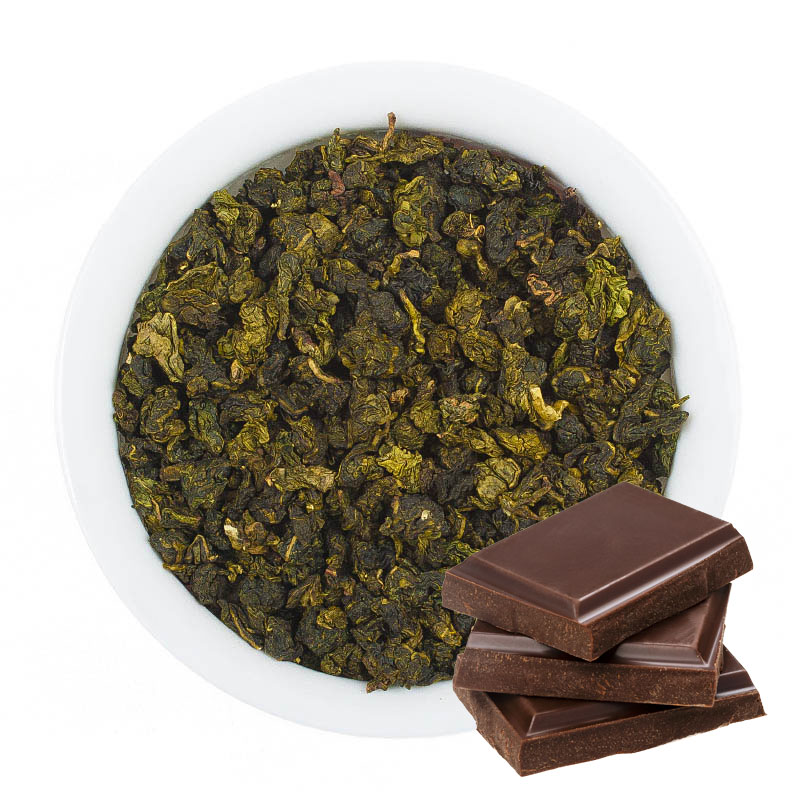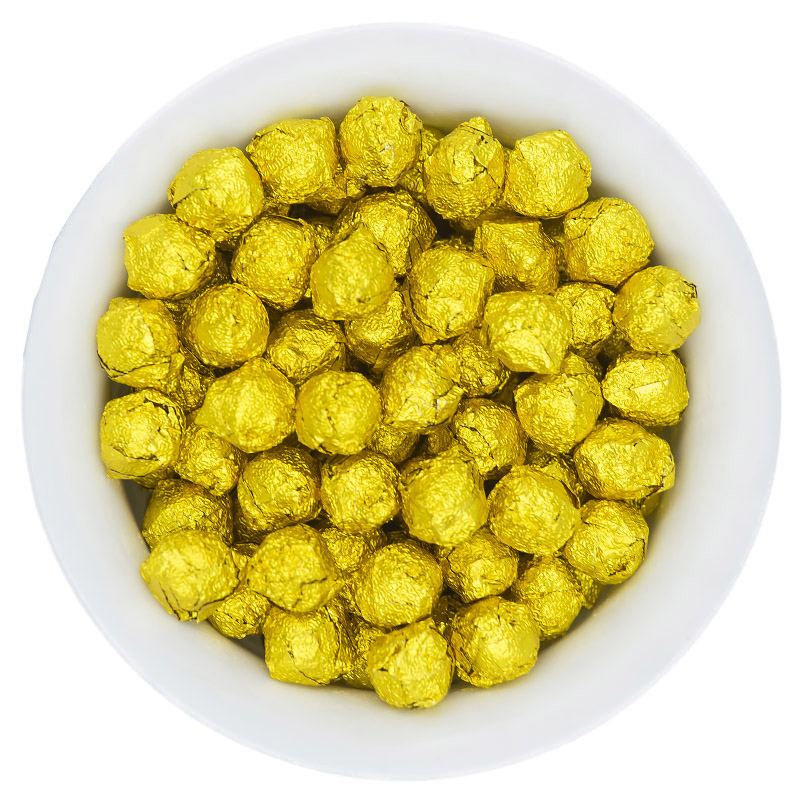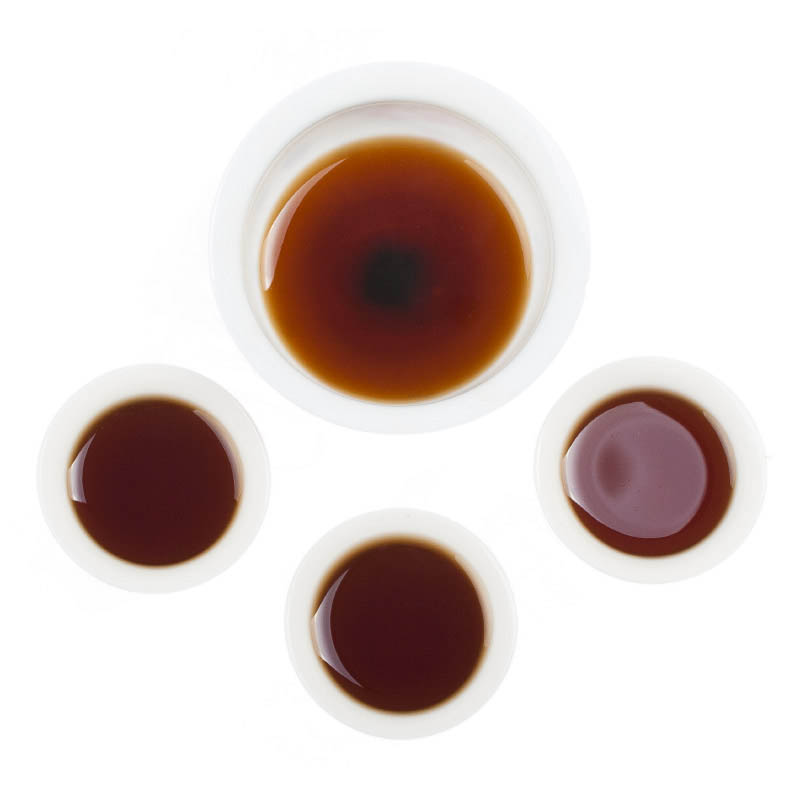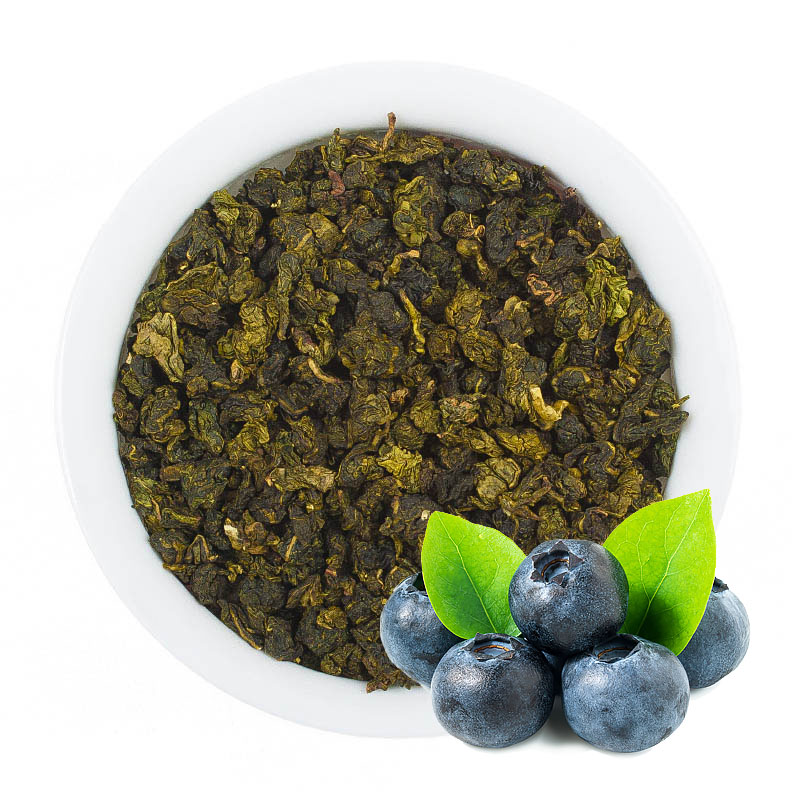Benefits and Harm of Black Tea
Black tea is a classic that many simply cannot live without! Yes, we personally know some avid lovers of this drink who consume up to 6-8 cups a day. Well, everyone chooses what they like, and we respect everyone’s choice.
Black tea has been consumed on Earth for over 2000 years. It is positively received in many countries around the world, admired for its delicious taste and pleasant aroma. What is black tea? It is the leaves of tea trees that have undergone full fermentation. During brewing, the dry material gives the infusion a dark color and fills it with a resinous aroma. At the initial production stage, tea leaves are dried (12-16 hours), losing a significant amount of moisture. Then the material is tightly rolled, causing the veins to break and oils and juices to be released. This is why, compared to other types of tea, the aroma of the infusion is very expressive. After rolling, the material is placed in special humid rooms where fermentation occurs. The tea leaves oxidize, acquiring a characteristic black color and aroma. Finally, the leaves are dried in special ovens with active hot air flow.
Black tea can be large-leaf, medium-leaf, or small-leaf. It is grown in Southeast Asia, India, Japan, Indonesia, Sri Lanka, Central Asia (Turkey), and the Caucasus (Georgia)…
Certainly, connoisseurs of good tea prefer large-leaf varieties, which are in high demand on the global tea market. Such raw material allows obtaining a strong, astringent, aromatic drink with a significant amount of beneficial substances and vitamins. Most people prefer to drink it with sugar.
Leading a healthy lifestyle is fashionable and popular today. Those who care about their health are always interested in the harm and benefits of each product. Now we will try to simply and clearly answer the main questions:
- What are the benefits of black tea?
- What are the harms of black tea?
- Which tea is healthier: black or green?
- Is it okay to drink strong tea?
- Black tea with milk: benefits and harms.
- Black tea ratings.
Benefits of Black Tea
Tea is a drink obtained from a plant. Therefore, it logically possesses beneficial properties given by Mother Nature. Today, scientists have discovered about 300 beneficial substances that justify calling black tea a “rich chemical composition beverage.” So, here are the properties of black tea and its effects on the body:
- The product contains a sufficient amount of vitamin C, which strengthens blood vessel walls, kills caries-causing bacteria, positively affects the immune system, and protects the body from infectious diseases.
- Vitamins B1 and B2: positively affect the nervous system, activate intellectual abilities, help iron absorption, and optimize adrenal gland function.
- Vitamin B5 (pantothenic acid) – improves hair growth and skin appearance, accelerates wound healing, optimizes gastrointestinal function.
- Vitamin P – normalizes the work of small vessels, prevents varicose veins and edema, normalizes blood circulation.
- Vitamin K is necessary to improve kidney function, calcium absorption, and normalize metabolism in connective and bone tissues.
- L-theanine – an active amino acid that increases brain wave generation, stimulating its work and improving memory.
- Amino acids: strengthen immunity, slow aging at the cellular level, support normal metabolism.
- Tannins (tannic acid) – strengthen vessels, improve blood clotting.
- Carotene – an important component for vision. Adequate amounts help maintain a healthy retina and delay cataract and glaucoma development.
- Potassium: prevents atherosclerosis, normalizes blood pressure, positively affects muscular, cardiovascular, and urinary systems, increases physical endurance.
- Caffeine – present in moderate amounts (depending on the tea variety): stimulates the central nervous system, reduces drowsiness, increases alertness. In tea, caffeine acts more gently than in coffee.
- Fluoride: prevents caries development, strengthens bone tissue.
Benefits of Strong Black Tea
- Strong black tea, in moderate consumption, is mainly beneficial for low blood pressure.
- Used in cosmetology: it effectively reduces puffiness, fatigue, and eye irritation after a sleepless night.
Speaking of the benefits and harms of black tea, one cannot ignore its effect on blood pressure. The drink contains alkaloids that increase heart rate and cause mild excitation of the body. Due to caffeine, black tea raises blood pressure, so it is recommended for hypotensive people (those with low blood pressure). Hypertensive people are advised not to drink it.
Black Tea Benefits for Men
- Typically, men like protein-rich food, especially meat, and in considerable amounts. Black tea containing theanine helps digest heavy protein food, so it is recommended to drink it 15 minutes after a meal. The feeling of heaviness disappears, replaced by lightness.
- Research shows that black tea helps men avoid strokes.
Black Tea Benefits for Women
- Women usually prefer to drink black tea with sweeteners, especially sugar. To gain maximum benefit, it is better to drink it without sugar. This will positively affect figure and overall health.
- One can never say for sure if a product is strictly beneficial or harmful – everything is individual. Brew it in good water and avoid strong infusions! Then the black tea infusion will positively affect the skin and internal organs.
Beneficial Properties of Black Tea with Milk
Scientists and doctors agree: black tea leaves with added milk have positive effects on the body:
- Freshly brewed tea with non-soured milk is consumed warm: it warms well in winter and quenches thirst in summer.
- Milk partially neutralizes caffeine. Such a combination is permissible even with depression and nervous disorders. The drink calms and improves mood.
- Improves brain function and stimulates thinking processes.
- Effectively restores internal organs’ work after colds.
Looking at the impressive list of black tea benefits, it’s natural to ask: I drink black tea but feel no health improvements. You might be completely right… What is sold in stores often does not meet quality standards and therefore cannot positively affect the body. Only quality, properly brewed raw material affects men’s and women’s organs.
Along with “black tea benefits” comes “black tea harms.” So here are black tea contraindications:
- Having a large amount of minerals, vitamins, amino acids, and other useful compounds does not always mean “beneficial.” As mentioned, the drink contains quite a bit of caffeine. Therefore, people with individual intolerance should avoid it. Even one cup may cause irritability, nervousness, quick temper, heart palpitations, headache.
- More than 3 cups a day is taboo! The 4th cup not only fails to stimulate digestion but irritates the stomach.
- Forbidden for hypertensive people (those with high blood pressure).
- Not recommended at night – may cause sleep disturbances.
- Never drink tea brewed the day before – it turns into poison!
- Black tea can cause discoloration of tooth enamel. Dentists recommend brushing teeth after drinking it.
- Do not take medicine with tea. Biologically active substances can interact unpredictably with medications.
- Pregnant women and children are better off avoiding the drink or consuming only very light infusions. One cup is enough.
- Strong black tea washes out magnesium from the body, causing irritability, anxiety, and other nervous system symptoms.
We have clarified the topic of black tea benefits and harms a bit. To conclude, let’s look at the black tea rating and answer the question: what is the best black tea?
Worldwide practice shows: the best black tea is large-leaf. The more whole the leaf, the better, more aromatic, and tastier the drink.
In Ukraine, black tea is divided into leaf, whole-leaf, small, and granulated. Leaf tea is made from cut leaves. Whole-leaf – from whole rolled leaves. Small – from crushed leaves. Granulated – from small tea leaf parts (looks like granules).
Regarding producers – it’s a matter of taste. In rankings, Indian black teas take first place, Ceylon second, and Turkish third. Brands impress with variety and original names. The choice is yours!
